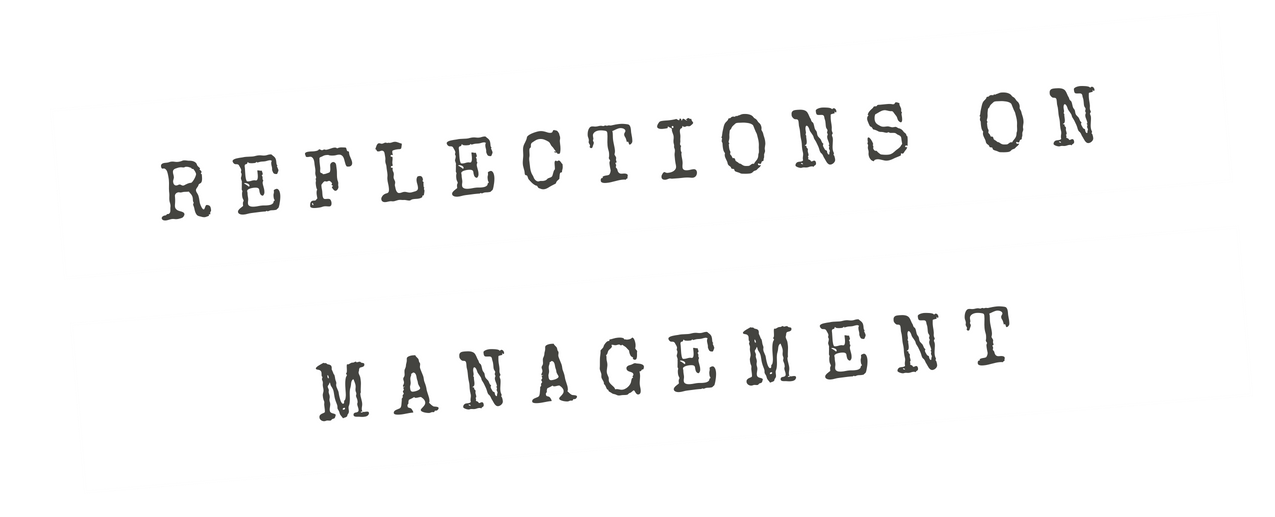How many times would you send out version 6 of a file and then somebody else is acting on version 5 of the file, because that was emailed about three or four days earlier?
Season 7, Episode 2 — Click here to download the transcript
In the first episode of this series, I spoke from the perspective of someone who undertook the task of sorting through an archive of DVDs to find what was valuable so it could be stored for easier retrieval. Now, I found that there are two approaches one can take. There’s the simple way of structuring it so that each item in the archive is sorted into what appears to be its proper place. And then there is the harder way, where the material and the knowledge within it is transformed. Many of us would never think about the harder way because sorting through the archive is already daunting. But I went the harder way because if all I did was rearrange everything, there is a good chance that what I came up with not last, and someone five or ten years ahead would have to redo exactly what I did. What do I mean by transforming the knowledge? It means conversing with it in much the same way as conversing with people. It is also a skill that takes practice.
Archives may seem like a dumping ground for useless stuff sometimes — even though the information is valuable, into the repository it goes without a thought. As such, scanning through an archive can seem like opening a window into organizational behavior. The archive captures numerous snapshots in time about how people thought about organizing their individual and collective knowledge where some of the sorting and sifting has already been completed.
For example, how many organizations only find value in retaining “finished” products? Here, I will relay an experience (multiple, actually) where the organization I worked in was paranoid about so-called version control and the need to remove drafts and older versions let control over the information therein get lost. Solves some problems, perhaps, but does it create others?
There were other recollections of good and bad knowledge management efforts in my past that I relived upon working through all these DVDs. But the bottom line is that the way we store things causes us to lose the original meaning behind the stored products, a critical part of the knowledge component of knowledge management. Next month, I will become tracing my steps in re-building that meaning.


